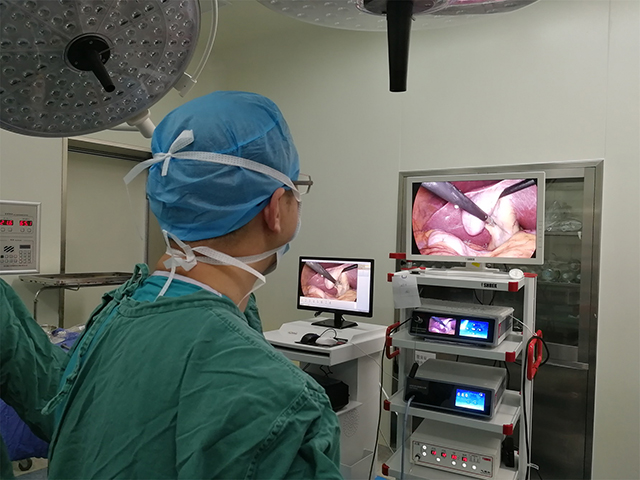
Laparoscopic surgery, also known as minimally invasive surgery, is a surgical technique that uses small incisions and specialized instruments to perform surgical procedures. Laparoscopic surgery offers many advantages over traditional open surgery, but there are also some disadvantages to consider.
Advantages of Laparoscopic Surgery:
Smaller Incisions: Laparoscopic surgery requires smaller incisions than open surgery, which means less scarring and less pain.
Reduced Blood Loss: Because laparoscopic surgery is less invasive, there is less blood loss during the procedure.
Faster Recovery: Laparoscopic surgery typically has a shorter recovery time than open surgery, allowing patients to return to their normal activities sooner.
Reduced Infection Risk: The smaller incisions used in laparoscopic surgery reduce the risk of infection compared to open surgery.
Improved Visualization: Laparoscopic surgery allows the surgeon to view the surgical site in detail with the help of a camera, which can lead to improved accuracy and precision during the procedure.
Disadvantages of Laparoscopic Surgery:
Limited Dexterity: Laparoscopic surgery can be more challenging for the surgeon due to the limited range of motion of the instruments, which may make certain procedures more difficult to perform.
Steep Learning Curve: Laparoscopic surgery requires specialized training for the surgeon and surgical team, which can make it more challenging to implement in some settings.
Equipment Cost: Laparoscopic surgery requires specialized instruments and equipment, which can be more expensive than traditional surgical instruments.
Risk of Complications: While laparoscopic surgery is generally safe, there is still a risk of complications, including bleeding, infection, and organ damage.
Longer Operating Times: Laparoscopic surgery may take longer to perform than open surgery, which can increase the risk of complications such as blood clots and anesthesia-related issues.
In summary, laparoscopic surgery offers many advantages over traditional open surgery, including smaller incisions, reduced blood loss, faster recovery, reduced infection risk, and improved visualization. However, there are also some disadvantages to consider, including limited dexterity, a steep learning curve, equipment costs, a risk of complications, and longer operating times. The decision to choose laparoscopic surgery should be made by the surgeon and the patient after a thorough discussion of the risks and benefits of the procedure.


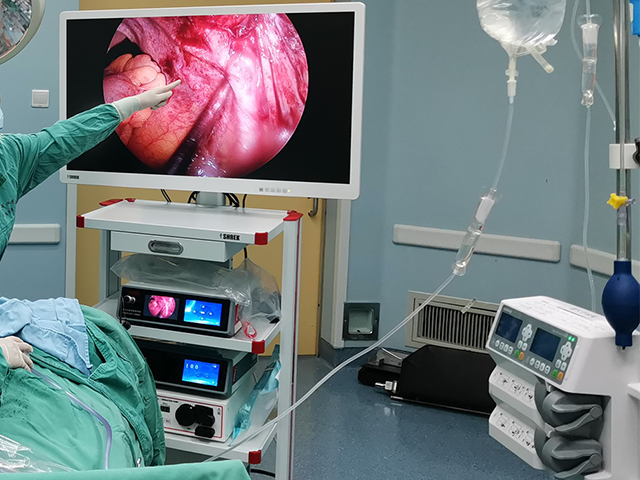

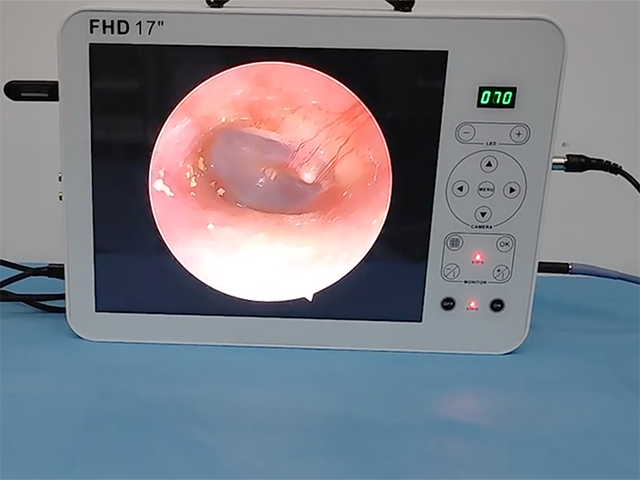
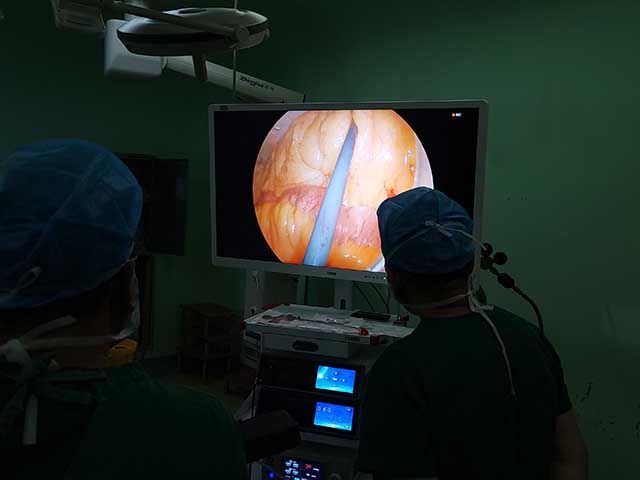
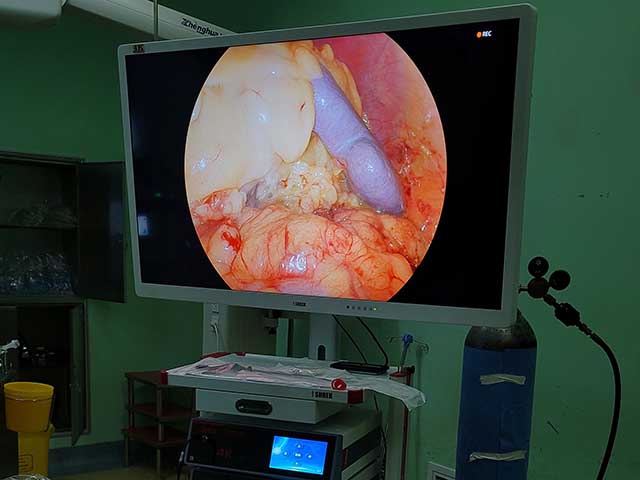

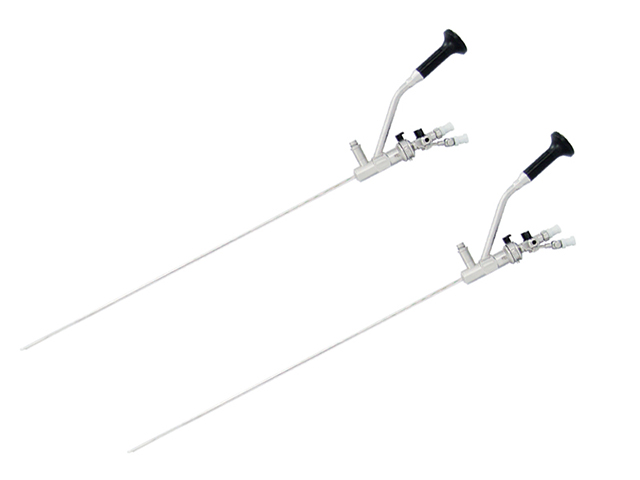
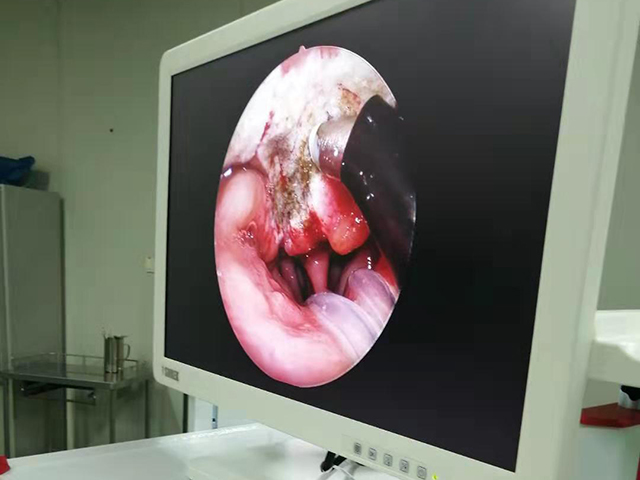
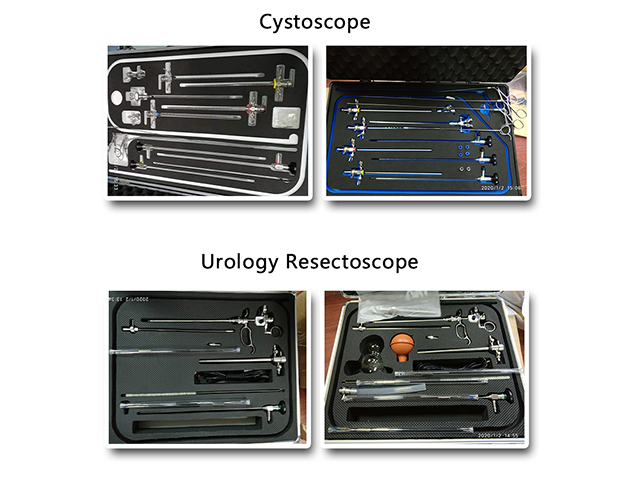
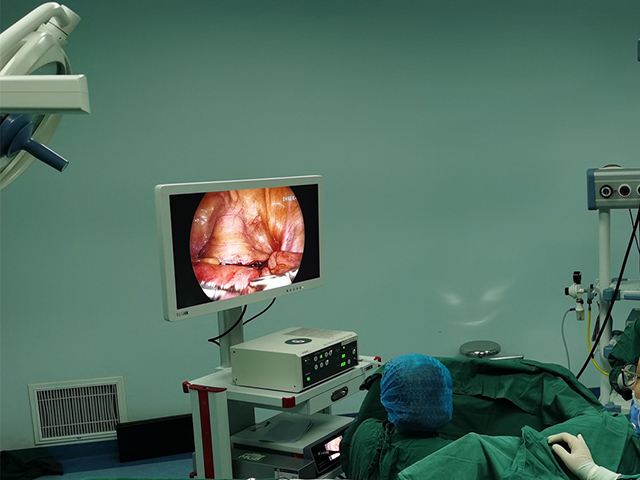
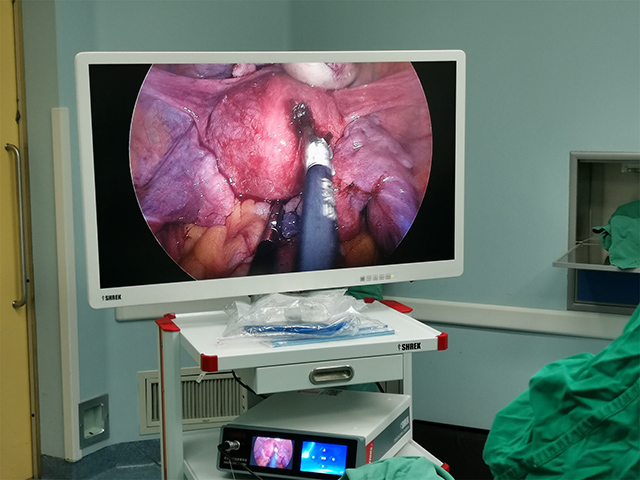
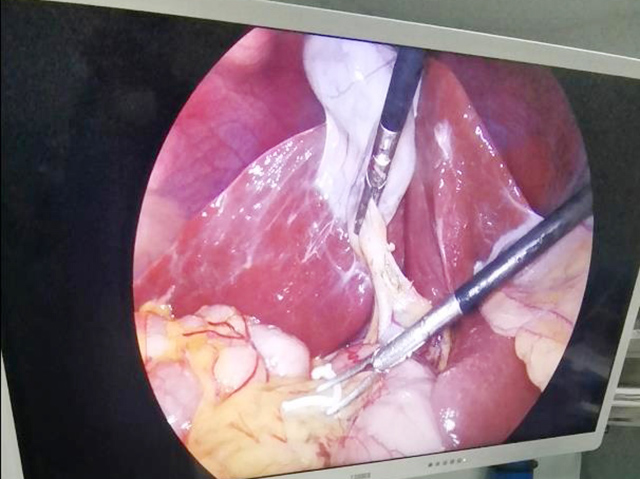
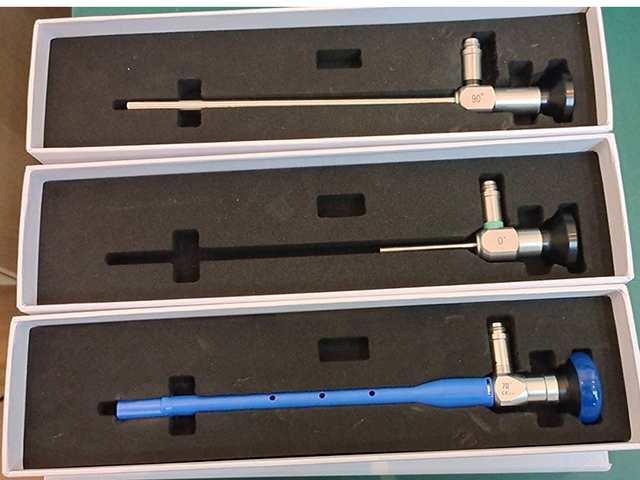
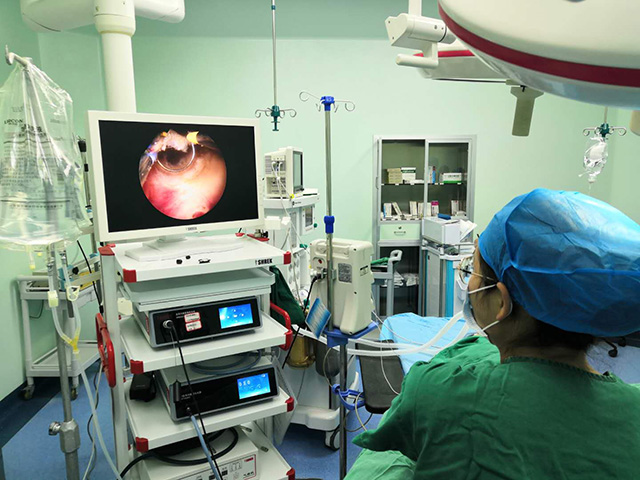
Leave A Inquiry